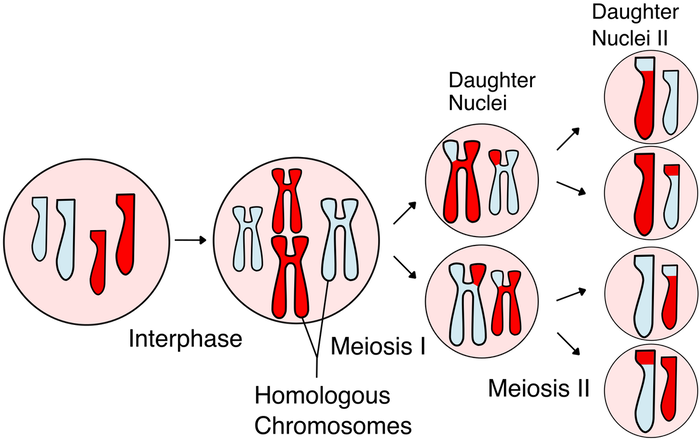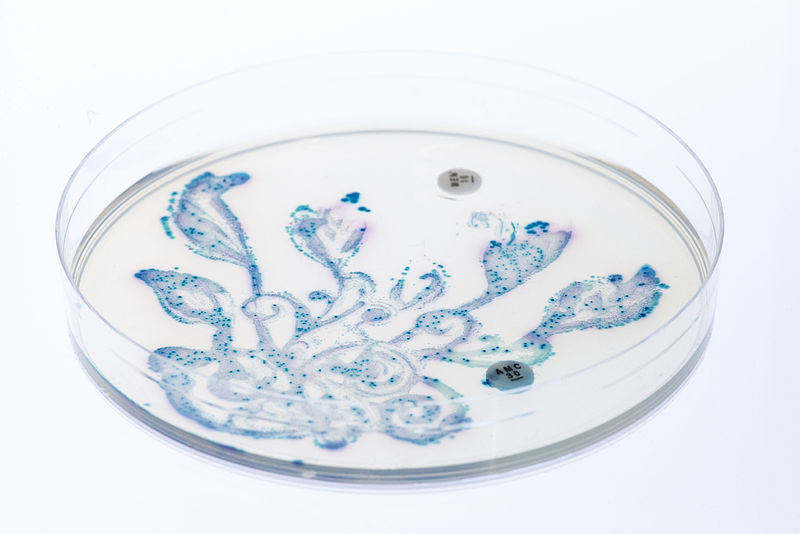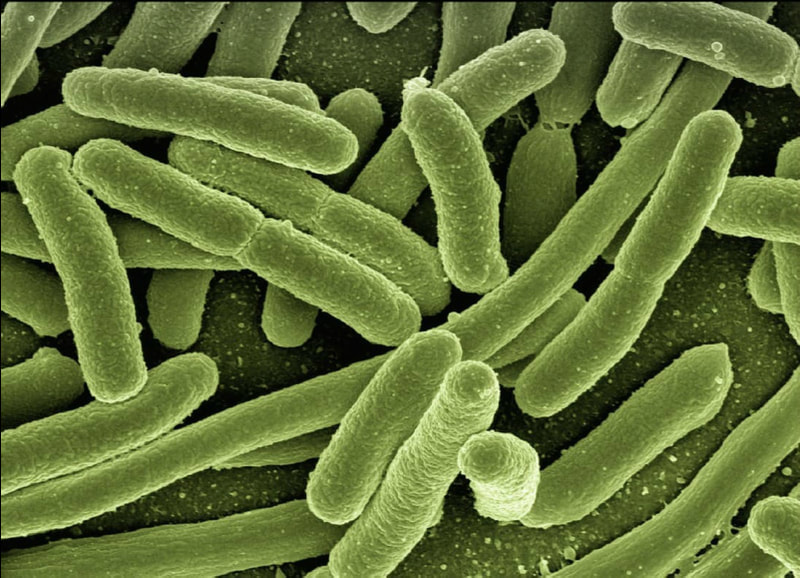The Potentially Hidden Dangers of Plastic
Plastic is an incredibly abundant material used to make everything from pipes to clothing. As a result of its ubiquity, people often come in contact with plastics in ways that are largely safe and beneficial. However, certain plastic products contain chemicals that could present a danger to human health. One such toxin, Di(2-ethylhexyl)phthalate (DEHP), has previously been associated with negative reproductive effects in both sexes. Since the mechanism of this association has remained unclear, researchers at Harvard Medical School recently studied the effects of DEHP on a multicellular organism model to uncover how the chemical adversely affects reproduction.
DEHP is part of a family of chemicals called phthalates used to make plastics more flexible, necessitating its incorporation into items such as tubes, backpacks, and shoes. Human exposure occurs via breathing in contaminated dust particles, using medical devices and equipment produced with DEHP, or eating from plastic food containers. Previous research on the effects of DEHP in mice concluded that male mice exposed before birth had hormonal changes and decreased sperm count and fertility. In female mice, it was found that DEHP caused hormonal imbalance and disrupted reproductive cycles. Scientists have also studied the effects of DEHP on humans. A research group measured hormone levels and DEHP metabolites, molecules produced when the toxin is broken down within the human body, in men who were exposed at their workplace. They found that those who were exposed exhibited lower levels of testosterone in their blood compared to unexposed men. This was highly concerning, as testosterone is the primary sex hormone responsible for body development and sperm production in males.
DEHP is part of a family of chemicals called phthalates used to make plastics more flexible, necessitating its incorporation into items such as tubes, backpacks, and shoes. Human exposure occurs via breathing in contaminated dust particles, using medical devices and equipment produced with DEHP, or eating from plastic food containers. Previous research on the effects of DEHP in mice concluded that male mice exposed before birth had hormonal changes and decreased sperm count and fertility. In female mice, it was found that DEHP caused hormonal imbalance and disrupted reproductive cycles. Scientists have also studied the effects of DEHP on humans. A research group measured hormone levels and DEHP metabolites, molecules produced when the toxin is broken down within the human body, in men who were exposed at their workplace. They found that those who were exposed exhibited lower levels of testosterone in their blood compared to unexposed men. This was highly concerning, as testosterone is the primary sex hormone responsible for body development and sperm production in males.
Image Source: "Meiosis Overview new" by Rdbickel is licensed under CC BY-SA 4.0
These previous findings led Harvard researchers to study the effects of DEHP on the development of germ cells in Caenorhabditis elegans (C. elegans), a well-characterized microscopic worm. This is important as germ cells are biological progenitors that will eventually grow into gametes, the eggs and sperm responsible for sexual reproduction, and the cellular biology of C. elegans is similar to that of mammals. Researchers found that when germ cell DNA was being distributed into gametes, DEHP changed the length of genetic material and loosened the normally tightly packaged DNA, allowing for breaks in the DNA strands. This resulted in gametes that contained the wrong amounts or mutated forms of genetic material.
Although these findings don’t contain any conclusive information regarding the same effects in humans, they do create a foundation on which other researchers can see if human germ cells might be similarly affected. Although some legal restrictions have already been placed on DEHP use in the USA, information from this paper and new discoveries in future research could cause regulatory agencies to see real harm in DEHP and ban it altogether.
Although these findings don’t contain any conclusive information regarding the same effects in humans, they do create a foundation on which other researchers can see if human germ cells might be similarly affected. Although some legal restrictions have already been placed on DEHP use in the USA, information from this paper and new discoveries in future research could cause regulatory agencies to see real harm in DEHP and ban it altogether.
Featured Image Source: lisichik
RELATED ARTICLES
|
Vertical Divider
|
Vertical Divider
|
Vertical Divider
|






